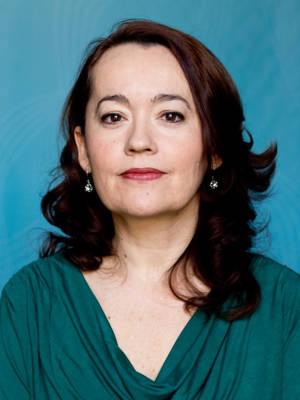This PhD project is funded by the Norwegian Ministry of Defence.
Supervisors:
- Karin Dokken, University of Oslo
- Pinar Tank, Peace Research Institute Oslo
This project aims to understand the power dynamic between the G5 Sahel joint force and external actors in the Sahel. The joint force of the G5 Sahel was established in 2017 by Mali, Mauritania, Niger, Chad and Burkina Faso in order to combat 1) terrorism and insurgencies, 2) organised crime and 3) illicit trafficking in the Sahel. To fulfil its mandate, it was quickly determined that the G5 Sahel joint force should receive assistance from external military actors already operating in the Sahel, particularly from the French counter-terrorism operation Barkhane, the European Union (EU) Training Mission in Mali (EUTM) and the United Nations' (UN) Multidimensional Integrated Stabilisation Mission in Mali (MINUSMA). Through these external actors, the G5S-JF receives military training, mentoring, administrative assistance, logistical support, and in addition the joint force receives the majority of its funding from external donors. Despite significant support from external actors aimed at strengthening the G5 Sahel joint force, it is still criticised for not being an efficient coalition.
This project examines the relationship between the G5 Sahel joint force and external actors by analysing the power dynamics between them. The dynamic between these actors is important to examine because it has implications for the regional ownership of the G5S-JF. Ultimately, this research demonstrates that the joint force and external actors exist in a relationship of asymmetric interdependence. This asymmetric interdependence further explains why there is a discrepancy between the intention and outcome of the G5S-JF's relationship with external actors.







